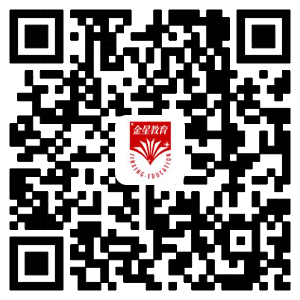五、表示未曾实现的选择
即表示过去本来可以有机会选择做某事,但实际上没有那样做,通常译为“本来可以”。如:
Her husband could have told her, but he did not choose to. 她丈夫本来可以告诉她的,但他不想这样做。
I could have lent you the money. Why didn’t you ask me? 我本来可以借这笔钱给你的,你为什么不向我提出?
You needn’t have typed it twice. You could have used a carbon. 你没必要打两遍的,你当时本可以用复写纸打。
You needn’t have walked up; you could have taken the lift. 你没必要走着上去,你本来可以乘电梯的。
六、表示批评或责备
即表示过去本来有责任或义务应该做某事,但实际上却没有做成,含有批评和责备的意味,通常译为“本来应该”“本来可以”等。如:
You could have started a little earlier. 你本可早点动身的。
You could have helped me—why did you just sit and watch? 你本来可以帮我一把嘛——为什么你只是坐在那儿观望呢?
I am disappointed that you didn’t tell me. You could have told me. 你没告诉我,我感到很失望,你本来应该告诉我的。
You could have let me know you were going out tonight. 你本来可以告诉我你今晚是要出去的。
七、表示达到极限
表示即使人们尽力而为去做某事,但还是未能做成,通常用于否定句。如:
I couldn’t have won, so I didn’t go in for the race. 反正我也赢不了,所以我就没有参加赛跑。
I couldn’t have enjoyed myself more—it was a perfect day. 我玩得没法再痛快了——这一天简直痛快极了。
八、表示惊讶
表示对所发生的情况感到惊奇,含有“竟然”的意味。如:
It seems inconceivable that the accident could have happened so quickly. 这一事故发生得这么快,简直不可思议。
Well, I’m blowed! I should never have thought you could have done it. 真想不到! 我从未想到居然办得到。
九、用于虚拟语气
在虚拟条件句中,当谈论过去的情况时,其句型通常是:主句用“could / would / should /might +have+过去分词”,从句用过去完成时。如:
If I hadn’t warned you, you could have been killed. 我如不是警告了你,你就可能丧命了。
If you had come sooner, you could have helped us. 你如早来一点,就会帮上我们了。
If he had known the facts, he could have told us what to do. 如果他了解事实,他是可能告诉我们怎样做的。
If anybody had asked me, I could have told them what happened. 如果有谁问过我,我可以告诉他们发生了什么情况。
十、用于某些口语惯用表达
可用于某些口语惯用表达,如用于I could have sworn…,其意是“我可以发誓”“我千真万确”。如:
I could have sworn I’d paid that bill. 我可以发誓我付过账。
I could have sworn I heard a knock at the door. 我千真万确听到了敲门声。
